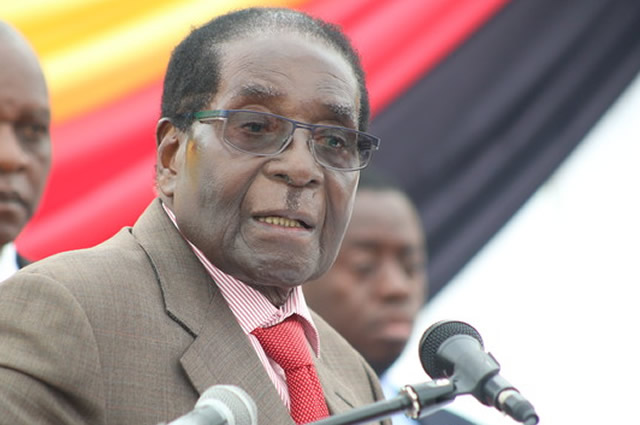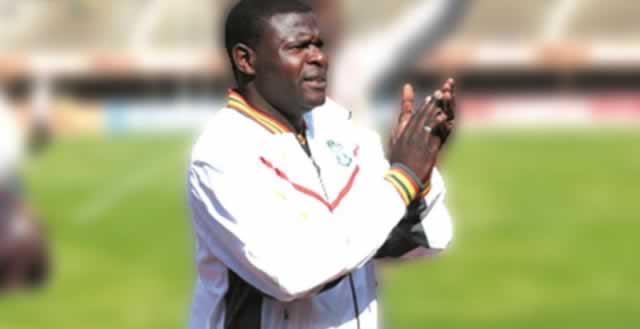250 years of freedom of media

Lars Ronnås Correspondent
No media is without faults and therefore it should be open to own scrutiny. The press should publish corrections when errors are made, and make space for those who are subject to critical reporting. Professional standards and ethics are of paramount importance to build public co
Today on May 3, as we mark the International Press Freedom Day, we should reflect on the state of press freedom not only in our own countries, but also around the world. What emerges is a bleak picture.
Worldwide the situation continued to worsen during 2015, reinforcing a disturbing decline over the past decade for media freedom.
Current reports from Reporters Without Borders and others show that only 13 percent of the world’s population enjoys a completely free press; that is where coverage of news is solid, the safety of journalists is guaranteed, state intrusion in media affairs is minimal, and the press is not subject to legal or economic pressures.
Almost half of the world’s population live in countries where the press is regarded as ’not free’ while in addition some 40 percent have to put up with a ‘partly free’ media. Close to a hundred journalists were killed while carrying out their profession, with the highest number recorded in Syria.
The sad truth is that courageous journalists risk their lives to bring us stories of grim realities, which otherwise would remain hidden.
These statistics demonstrate that governments around the world still fail to protect the right to freedom of opinion and expression including the right to receive and impart information and ideas through any media, as stated in Article 19 of the Universal Declaration of Human Rights.
Press freedom should be in the interest of us all. A free, diverse and professional press, which brings a flow of news, opinions, analysis and perspectives, enlightens society and contributes to a more informed general public.
Citizens who can gain greater insights and knowledge about both the local and global world, are more likely to take an active and constructive part in society.
Access to information
I am proud to represent a country, Sweden, which is blessed with a free press. This year Sweden celebrates the 250th anniversary of our ’Press Freedom Act’.
It is the oldest legal document in the world to regulate press freedom and access to information.
Drafted in the early years of Sweden’s enlightenment period, it pioneered not only the freedom of the press, but it also worded that information held by the state should as a rule be available to the public upon request and this without interference or objection from the state.
In practice, it makes Sweden the first country ever to introduce an Access to Information Law.
It was very progressive at the time, and it has served our society well throughout the many years since then.
In today’s Sweden, this Constitutional Act means that any member of the public, journalist or not, can request minutes from meetings, transmissions between authorities, recordings of phone calls, video conferences or written documentation from measures and decisions taken by the Government and the public administration at all levels.
Given such a request for information, the State is obliged to respond without delay, which usually is meant to be three working days.
The Act is based on the principle that the State is accountable to its citizens, and hence as a general rule its action should be open for scrutiny by the public. Only through a specific decision can a document be classified as secret, with an explicit reference to existing secrecy laws.
A culture of debate
People who are exposed to a wide variety of information, analysis and perspectives, are more likely to engage in informed discussions in the public sphere. They are more prone to pursue new ideas and suggest alternative solutions to challenges in society. A transparent society also makes for elected officials and others in positions of power to be better held to account.
An informed public is likely to make informed decisions.
As such it will contribute to the progressive development of a democratic society.
This also counts for journalists. When journalists are granted access to public information, they are in a better position to carry out their profession as journalists and to report on the basis of facts and reliable sources.
This reduces empty stories based on gossip, rumours and manipulated information.
No media is without faults and therefore it should be open to own scrutiny. The press should publish corrections when errors are made, and make space for those who are subject to critical reporting.
Professional standards and ethics are of paramount importance to build public confidence in journalism.
Experience tells us that self-regulatory bodies, which provide oversight and remedies, are essential to uphold an independent and professional media.
Freedom of speech is an integral part of any democratic society.
International Press Freedom Day reminds us of the key role that media play to this end.
The writer is Ambassador of Sweden to Zimbabwe.









Comments